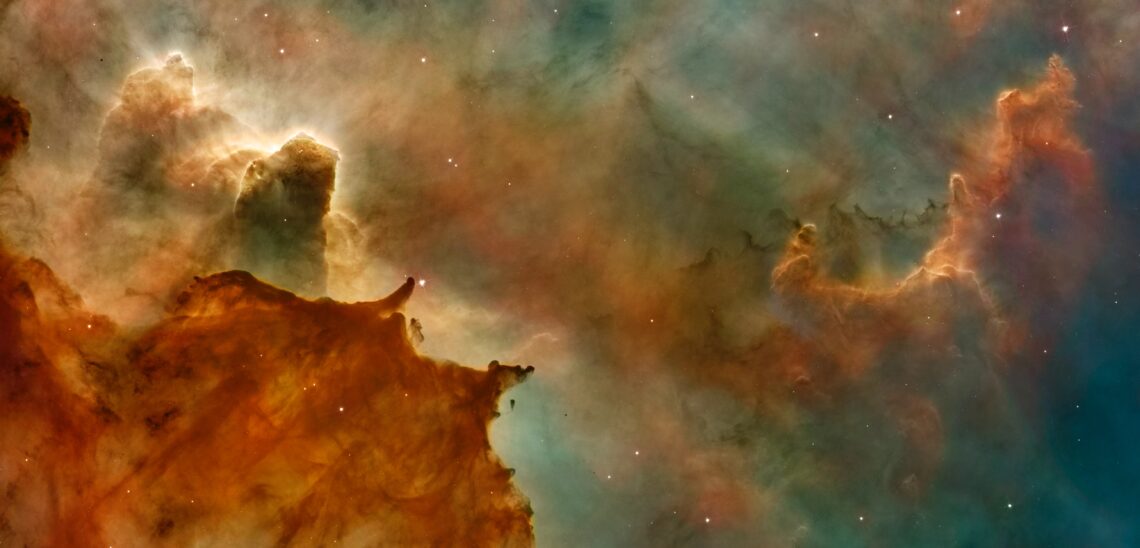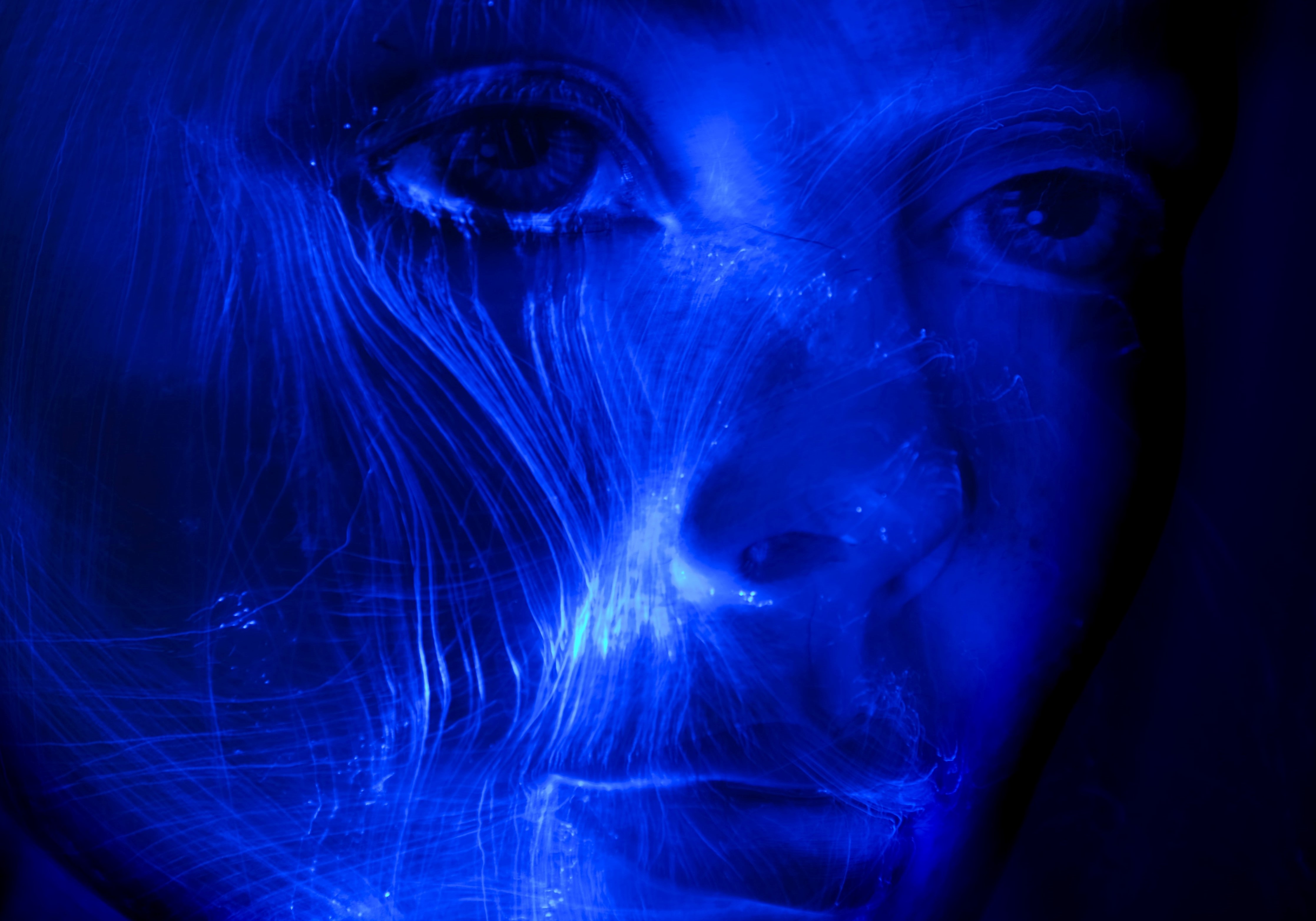
Natural Law and the Intelligent Universe
In my last article I contrasted the Divine Command theory with Natural Law. I used Plato’s dialogue, Euthyphro, where Socrates asks this questions:
“Do the gods love holiness [the good] because it is holy [good], or is it holy [good] because the gods love it?”
Natural Law is the first option and Divine Command is the second. It comes down to the question of whether Moral Law is subject to the whims of God, or is God beholden to an embedded Natural or Moral Law? I sided with Natural Law and want to now show how Natural Law integrates nicely with the notion of an Intelligent or Magical Universe.
Just as a refresher, here is how Ethicist Judith Boss, in her book, Ethics for Life, defines Natural Law.
“According to natural law theory, morality is universal and grounded in rational nature rather than being particular and relative to God’s commands. Natural law does not mean laws of physics, but laws of rational human nature, which, unlike fixed laws of physical nature are free and autonomous. Natural or moral law is unchanging and eternal. Natural law is universally knowable to humans through reason. It is also universally binding on all humans.”
One can accept natural law whether one believes in God or not. Cicero and Aristotle didn’t believe in God, and instead thought natural law was just a part of the natural order.
St. Thomas Aquinas and Natural Law
Now let’s take a closer look at natural law. We will use natural law theorist, St. Thomas Aquinas, as our guide.
St. Thomas Aquinas (1225-1274) believed that Natural Law was “teleological”. This means it is grounded in the view that there is a purpose to the natural order. Aquinas believed God [or the intelligence of the Universe] created the end toward which all living things strive. Natural or Moral law is the means by which humans participate in this order.
Aquinas’ Hierarchy of Laws
Aquinas gave us a hierarchy of four laws. They start at the top with Eternal Law and end at the bottom with Human Law. I would like to examine these laws briefly now. The brief definitions I use for each law are from Ethicist Judith Boss’s book, Ethics for Life.
-
“Eternal Law: is the uncreated reason of God [or the Natural Order if you don’t believe in God] that guides the universe as it moves toward a particular goal or end. “
That is pretty self-explanatory. Eternal law is the law that always was and always will be. It shows there is intelligence and purpose underlying the natural order, whether it is put there by God or is there of its own accord. It is a law that is beyond the reach of the human mind to completely understand, however, we will get glimpses of it as we proceed down the hierarchy.
-
“Divine Law directs humans and other creatures to their supernatural end, which consists of a vision of God [or the Ultimate/Ground of Being etc.] and eternal blessedness.
This is the eternal law that resides in all living creatures and guides them to their natural ends. It’s the law that gives our lives purpose. It’s the law that lets us know if we are on the right path or the wrong path. This is the law that connects us to the intelligence of the Universe.
Aristotle, who exerted a huge influence on Aquinas, called this law entelechy, or the inner urge of something to be what it is by nature. For humans, it is the urge to fulfillment and happiness by becoming the person we are meant to be. It inspires us to actualize our potential in order to be the best version of ourselves.
In my book, The Magical Universe: Answering the Call of Climate Change for Personal and Global Transformation, I made the point that we are the universe becoming aware of itself. In my scenario, the “Universe” is the ultimate, and it is constantly evolving and growing. As far as we know, we are its latest creation. Since we are the universe in the form of a human, it is our purpose to continue to evolve ourselves and the universe by, as Aristotle said, realizing and actualizing our potential.
So in Aquinas’ view, we need to get in touch with God to discover our true potential. In my scenario, we have to get in touch with the creative evolutionary urge of the universe to discover our potential. We are the intelligence of the universe in the form of a human, and more specifically, I am the universe in the form of Bruce, as you are the universe in the form of who you are, and we each have a unique potential to fulfill.
-
“Natural Law, or moral law is the special way that rational creatures, such as humans, participate in eternal law and are thereby directed toward their earthly happiness.
Since, as I said earlier, eternal law is outside the realm of human understanding, natural law is the best way for us to decipher it. We can never know eternal law in its entirety, but through our reason and conscience we can get insights into it, and as we grow and develop, we can gradually open up more of its mysteries.
Reason is a tricky thing here. This has to be reason that comes from an open-mind. One must approach each issue with no preconceived prejudices in order to analyze an issue objectively. I realize that is hard to do. We have to resort to German philosopher’s Edmund Husserl’s notion of “bracketing.” This means if we do have prejudices (and we do) on a particular issue, we have to bracket out those prejudices as best we can, in order to objectively examine the issue. Our goal here is to get closer to the truth, and not to win an argument.
If we use our reason to only find ways to support our pre-conceived ideas, then we are not using it properly. Reason’s purpose is to further our own and the universe’s evolution.
If reason contradicts our prejudices, then we must let go of our prejudices and follow reason. However, it is important to be open to events or information that could, again, alter our view in the future. No view on any issue is final.
We are not “gods” so don’t have perfect knowledge and understanding. Natural or moral law is the best we can do to understand eternal law. It requires us to be open-minded, rational and humble before forces greater than we are.
-
“Human Law is at the bottom of the hierarchy of laws; it is law, such as legislation or cultural norms, that is derived by humans from natural law.”
In short, human law should be based on the natural or moral law we have gleaned from our rational attempts to understand eternal law. Any human law that isn’t based on natural law is an immoral law because it doesn’t reflect eternal law.
Martin Luther King
Martin Luther King Jr. was a supporter of natural law. He used it when he fought for racial justice and an end to segregation. He believed that since God was the God for all people, He wouldn’t play favorites. King then attacked segregation laws that called for treating people differently based on their race. He said segregation laws violated natural law theory, so therefore, the human laws based on them were unjust and shouldn’t be followed. They violated God’s eternal law.
In his letter from a Birmingham jail, he wrote,
“There are just and unjust laws. I would agree with Saint Augustine that “An unjust law is no law at all.” . . . An unjust law is a code that is out of harmony with the moral law. . . . Any law that degrades human personality is unjust. All segregation statutes are unjust because segregation destroys the soul and damages the personality. . . .I submit that an individual who breaks a law that conscience tells him is unjust, and willingly accepts the penalty by staying in jail to arouse the conscience of the community over its injustice, is in reality expressing the very highest respect for law.”
So any human law that isn’t based on natural law which is in turn based on the eternal law of God or the Universe is unjust and should not be followed. In short, we have a duty to disobey laws we believe are unjust, but that belief must be grounded in reason and conscience, and not in prejudice or emotion.
So that is Natural Law Theory. It tells us that the moral universe is the intelligent universe. It tells us there is a moral law embedded in the universe directing everything toward its ultimate purpose. In short the universe, itself, is intelligent, and if we tap into its intelligence we will discover that the moral life is the happy and fulfilled life. If we grasp this, then many of our problems will be overcome.
To learn more about the Intelligence and Magic of the Universe: Click this link: The Magical Universe.




